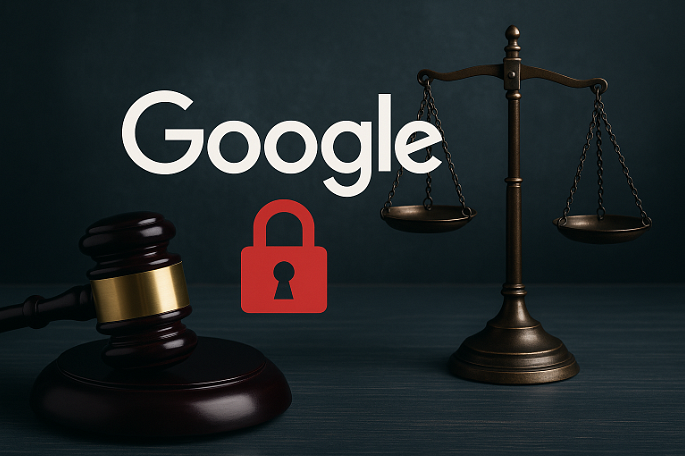Google Pays $1.375 Billion in Historic Texas Privacy Settlement

Google has agreed to pay a record $1.375 billion to the state of Texas to resolve lawsuits accusing the tech giant of unauthorized data tracking and biometric data collection. It marks the largest privacy settlement ever obtained by a US state.
Texas’s payout surpasses all previous state-level settlements involving Google’s data privacy practices. In 2022, Google paid $391 million to 40 states in a similar multi-state action. It later reached smaller settlements with Indiana and Washington ($29.5 million) and California ($93 million).
The lawsuits, originally filed in 2022 by Texas Attorney General Ken Paxton, alleged that Google unlawfully tracked users' locations and collected biometric identifiers — such as facial geometry and voiceprints — without obtaining consent. The company allegedly continued monitoring user activity even when location settings were turned off, including during incognito mode sessions.
According to a second official release from Paxton’s office, Google misled users into believing they could control their personal data, while continuing to collect sensitive information in the background. The lawsuits claimed that biometric data was often gathered without users even realizing it. The case spotlighted multiple forms of invasive data collection, raising broader concerns about consumer privacy and what Paxton described as a “systemic breach of trust.”
In response to public pressure, Google announced it would now store Maps Timeline data locally on user devices instead of in the cloud. It also launched auto-delete options for location data when Location History is turned on, part of broader efforts to enhance user privacy controls.
This settlement follows a similar case involving Meta, which reportedly agreed to a $1.4 billion payout to Texas over biometric privacy violations. While Meta’s figure is numerically higher, Google's settlement is considered the largest finalized privacy settlement ever secured by a US state. Together, these cases signal growing state-level momentum to regulate Big Tech’s data collection practices more aggressively.
These high-profile settlements mark a step forward in holding companies accountable for privacy violations. But legal enforcement alone isn’t enough to guarantee user safety. Since many privacy issues are only addressed after the fact — and new tracking methods continue to emerge — users are still encouraged to take control of their personal data. That means reviewing app permissions, disabling unnecessary tracking features, and using tools like VPNs to limit online profiling.



Please, comment on how to improve this article. Your feedback matters!